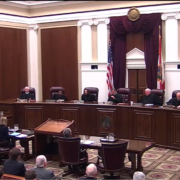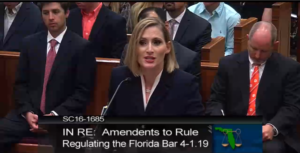Virtual Introductory Collaborative Divorce Training – March 2024
In the world of family law, where emotions can be overwhelming, imagine helping families go through a divorce peacefully and with a team to support you and the family. What if you could work with professionals you know, like, trust, and respect? Learn to offer Collaborative Divorce services in this highly interactive Virtual Introductory Interdisciplinary Collaborative Family Law training, designed for attorneys, mental health professionals, accountants, financial advisors, mediators, and anyone wanting to help families in a better way. The training takes place on every Wednesday in March 2024, from 1:00 pm to 5:00 pm Eastern Time. It is not jurisdiction-specific, and past trainings have included participants from all around the globe. This training will focus primarily on the One Coach (also known as Neutral Facilitator or Neutral Mental Health Professional) model of Collaborative Practice.
Working Together Online
This training happens online, on Zoom. You can join from home, work, or wherever you’re comfortable. It takes place on four Wednesdays in March 2024, from 1:00 to 5:00 PM Eastern Time. This flexibility makes it easy for busy professionals to attend.
Learning from Different Perspectives
The training covers Collaborative Law from legal, emotional, and financial angles. Whether you’re a lawyer, mental health professional, financial expert, or mediator, this training helps you understand how to resolve issues related to family law in a new and supportive way.
Meet the Experts
The training features experts like Adam B. Cordover, J.D., M.A., a collaborative attorney; Jeremy S. Gaies, Psy.D., a licensed psychologist; and Kristin E. DiMeo, CPA, ABV, and J. David Harper, CPA, ABV, PFS, CFF, CBA, CVA, both accountants. All members of Tampa Bay Collaborative Trainers, they bring their vast and diverse experience to help you learn the different ways to help families through difficult issues.





